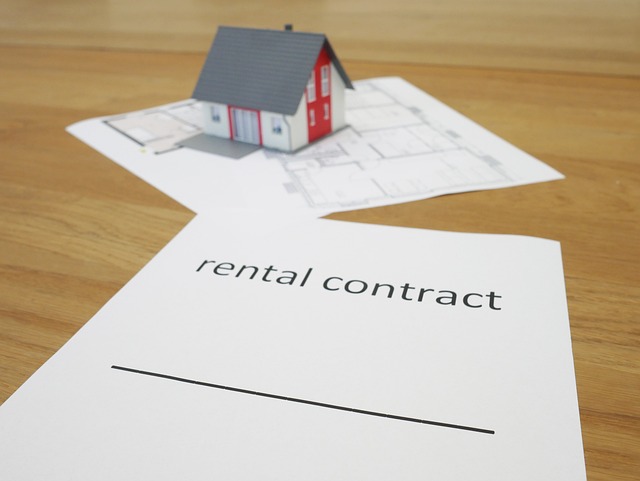A Complete Guide to Renting Properties: Finding Your Ideal Home
A house for rent provides temporary housing for individuals or families seeking flexible living arrangements. Rental properties vary in size, location, and amenities, offering options to suit different needs, budgets, and lifestyles without the long-term commitment of ownership.

Understanding Different Types of Rental Properties
The rental market offers various housing options to suit different lifestyles and budgets. Single-family homes provide privacy and often include yards and garages. Apartments offer convenience and amenities in multi-unit buildings. Townhouses combine aspects of both, while duplexes and condos present unique advantages for different renter needs. Each property type comes with distinct features, maintenance responsibilities, and cost considerations.
Essential Steps in the Rental Process
Before beginning your search for a house for rent, prepare necessary documentation including proof of income, references, and credit reports. Most landlords require a rental application, security deposit, and first month’s rent. Create a checklist of must-have features and deal-breakers to streamline your search. Understanding lease terms, tenant rights, and responsibilities is crucial before signing any agreements.
Evaluating Rental Costs and Budgeting
When seeking renting affordable housing, consider all associated expenses beyond the monthly rent. Factor in utilities, maintenance fees, parking costs, and potential rent increases. As a general rule, housing costs should not exceed 30% of your monthly income. Consider location-based price variations and seasonal rental market fluctuations when budgeting.
| Housing Type | Average Monthly Rent | Typical Utilities Cost | Total Monthly Cost |
|---|---|---|---|
| Studio Apartment | $900-1,200 | $100-150 | $1,000-1,350 |
| 1-Bedroom Apartment | $1,200-1,600 | $150-200 | $1,350-1,800 |
| 2-Bedroom House | $1,600-2,200 | $200-300 | $1,800-2,500 |
| 3-Bedroom House | $2,000-3,000 | $250-400 | $2,250-3,400 |
Prices, rates, or cost estimates mentioned in this article are based on the latest available information but may change over time. Independent research is advised before making financial decisions.
Location Considerations and Amenities
The neighborhood you choose significantly impacts your quality of life. Research local amenities, schools, public transportation, and safety statistics. Consider proximity to work, shopping, and entertainment. Many renters find that compromising on space for a better location can be worthwhile, especially in urban areas where location often dictates rental prices.
Understanding Lease Agreements and Tenant Rights
Before you rent a house, thoroughly review the lease agreement. Key aspects include lease duration, maintenance responsibilities, pet policies, and rules regarding modifications to the property. Understand your rights as a tenant, including privacy, maintenance requests, and security deposit returns. Consider having a legal professional review the lease before signing.
Tips for a Successful Rental Application
Stand out as a potential tenant by preparing a complete rental application package. Include proof of stable income (typically 2.5-3 times the monthly rent), excellent references, and a good credit score. Be honest about your rental history and any potential concerns. Some landlords may require additional documentation or guarantors for first-time renters or those with limited credit history.
A successful rental experience begins with thorough research and preparation. Take time to understand your needs, budget constraints, and the local rental market. Remember that finding the right rental property often requires patience and compromise, but the effort invested in the search process will pay off in comfortable, suitable housing that meets your needs and financial capabilities.




